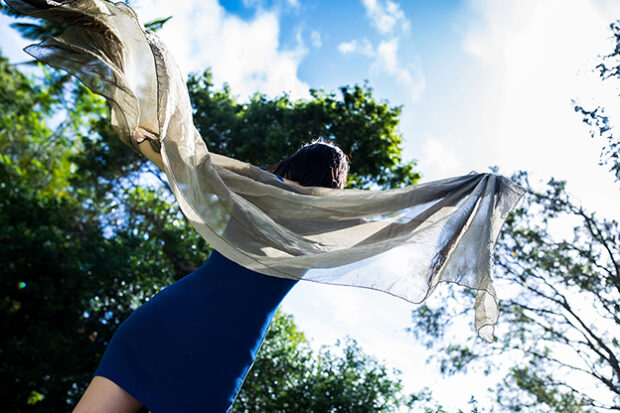Most people in the world dread death. We tend to avoid talking about it, thinking about it and generally having anything to do with it. The fear is so great in our western cultures that we have personified it and we represent death as the Grim Reaper, a skeletal figure in a long-hooded robe carrying a scythe. He is supposed to use this tool to collect the souls of the dead and to carry them to their after-life. This symbol of death says a lot about how we treat this most important step in our lives; this moment when we leave behind our body and the earthly existence we have just had and prepare for the next, enriched and evolved by what has been lived and the choices we have made that constitute our free-will.
There is a tangible reality to death as it is the permanent cessation of all biological functions that sustain the human body (and all living organisms). Shortly after death, the body starts to decompose and we can feel how this process of decay has been terrifying humanity for a long time as we tend to invest so much of our time in the human body and in our individuality. What is also scary for us as human beings is that we like to be in control but we tend not to have any control over our time or manner of death.
In our cultures death is inevitably associated with a list of heavy emotions like sympathy, sadness, anger, guilt, regret, despair and depression and these are very much the flavours of sentiments that we use when confronted with death and the end of physical life. We even seem to wallow in it, evidence of this being professional (and fake) mourners being hired in places like Egypt, China, Mediterranean and Near-Eastern cultures. The more wailers or mourners that followed the casket/coffin around, the more respected the person was in their society. Professional mourners were seen, for example, in France as late as the 1960s.
Being confronted with death can be a disturbing human experience, especially if this is a loved one we were close to and had emotional ties with, be they friend, family or other. It can leave us feeling helpless and we may feel ill-equipped to deal with an event that has so fallen out of the grace of its natural cycle. Psychologists, psychotherapists and psychiatrists have a panoply of treatments to help their patients to deal with their grief (for example, the five stages of grief: denial, anger, bargaining, depression and acceptance), so the grieving process is costing society and the national health services a lot of money!
So, why have we given death such a bad press? And why do we make a normal and natural stage in our life so shrouded with such a negative connotation?
Can death be seen in another light?
Let’s first celebrate life (and the continuity of lives)!
Indeed the birth of a baby is in most cases celebrated. We are touched by this little being, so fresh, tender and new and so full of promise. Each and every life is to be celebrated as we each represent a piece of the puzzle, an angle, an aspect of the divine that complements the all. This unique set of qualities present in each and every one of us is such a joy to observe and honour and be enriched by. We can say that there is purpose in every life in that we have come to grow and develop from where we left off in our previous life. Yes, each life is an opportunity to expand and evolve ever closer to the pure divinity and grace that we come from.
… And then celebrate death!
When we live a life fully engaged, our heart open, present in every moment, expressing to the full all the aspects that constitute who we are, then our existence has been full and everything is to be celebrated. We can then leave our body, which has served its purpose and arrived at the end of its life and move on. But if we live contracted, withdrawn, holding back our expression, uncommitted and disconnected, then of course there will be emotions like regret, sadness, anger and fear associated with the dying process and death itself.
The movement of life and death is a beautifully natural process of growth. It is a gift allowing us to reap what we have sown and then sow again, enriched by our previous cultivation. An endless tide of grace that we can call evolution.
By Maryline Decompoix, France, Practitioner of the Universal Medicine Therapies
Further reading:
Life as a Cycle
Life or death: is this how we measure responsibility?
Bringing death and dying to our daily conversations





